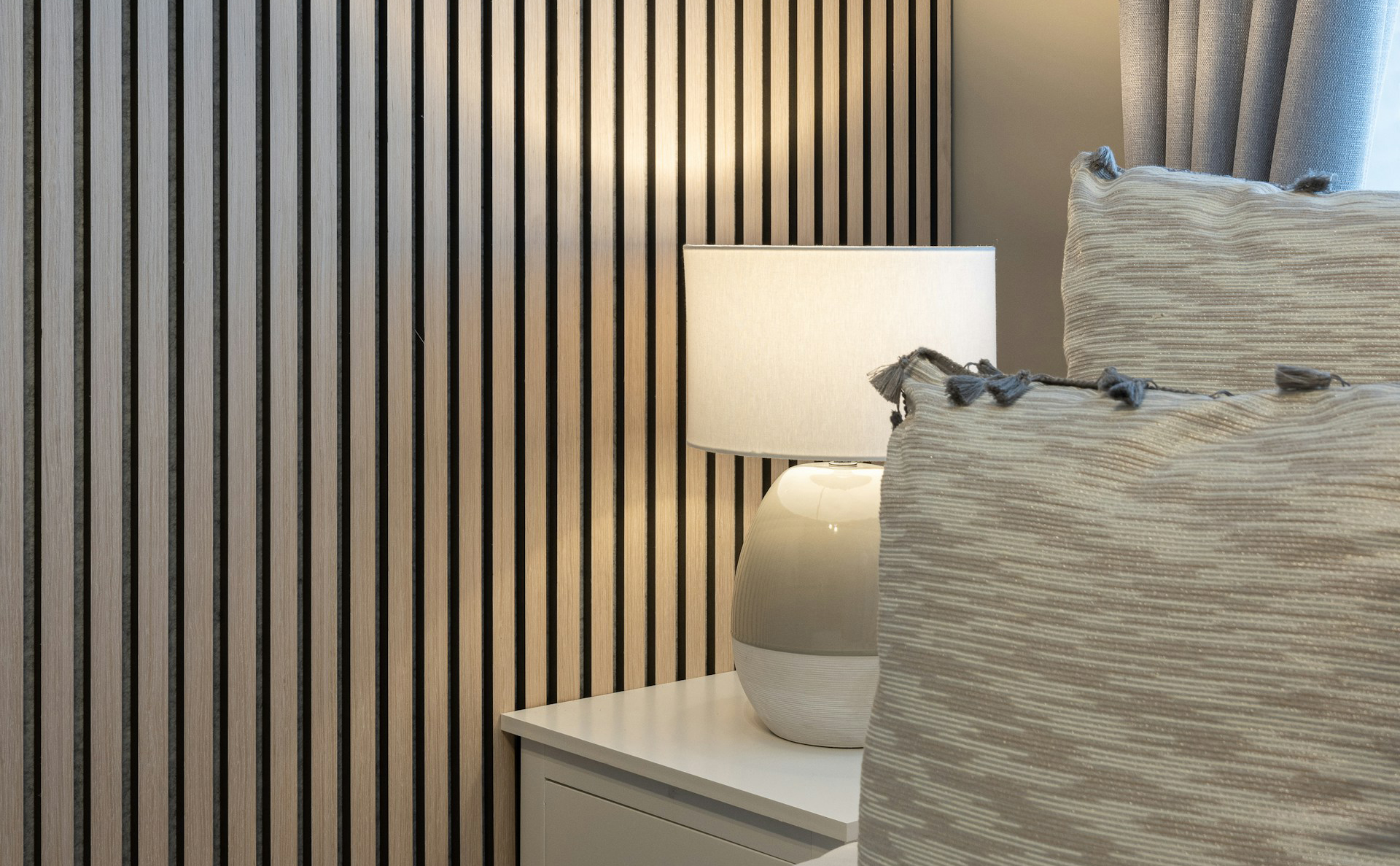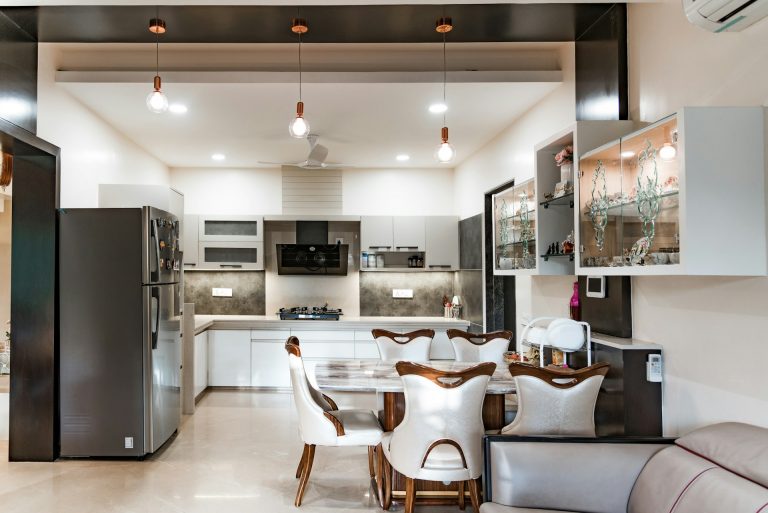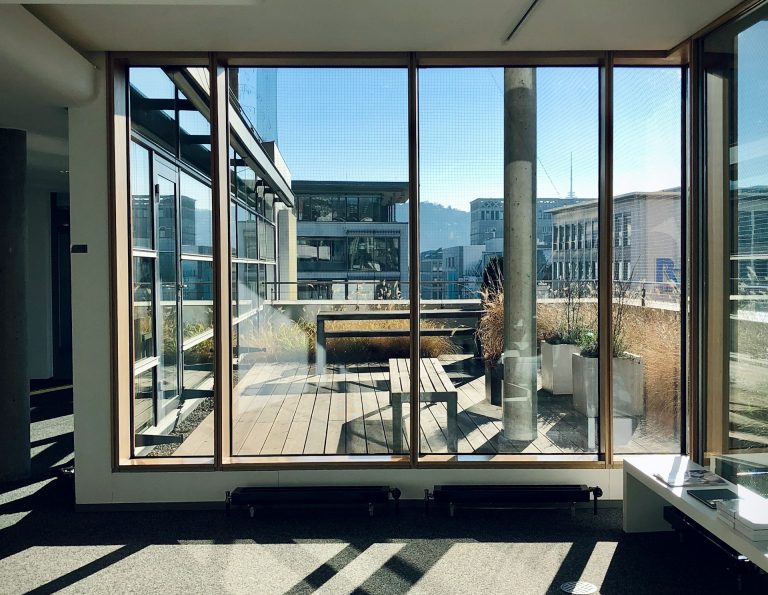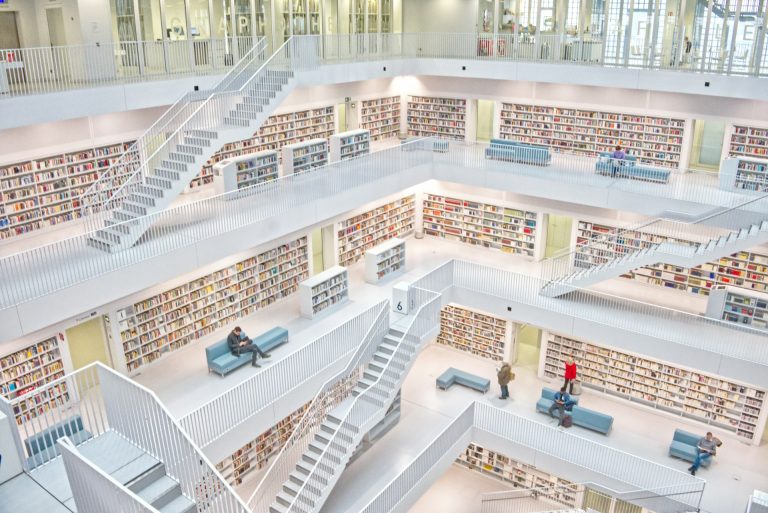Wall panels have become a cornerstone in modern commercial construction due to the many advantages that come along with their use, especially in terms of cost-effectiveness. Wall panels can greatly reduce the overall construction expenses of a large-scale project where budget constraints and timelines are critical. The main reason for this is the speed at which wall panels can be installed. Unlike the conventional brick or block walls, which involve time-consuming masonry work, wall panels are prefabricated and ready to install once they reach the site. This installation efficiency reduces labor costs since not many workers are needed, and it greatly reduces construction time. Faster assembling of the structure minimizes downtime, enabling contractors to move on with other aspects of the work soon.
Material Savings and Durability
The cost-effectiveness of wall panels is not only tied to labor savings but also the materials used for these panels, which happen to be cheaper and more durable than traditional building materials. Many wall panels are composed of lightweight yet strong materials, including gypsum, fiberglass, or concrete composites that lessen the need for excessive structural support. These materials generally offer better insulation, which would reduce energy costs throughout the life of the building. Additionally, imp walls are able to withstand harsh weather conditions and require less frequent maintenance or repair compared to the traditional wall systems. That makes them a very wise investment due to the greatly reduced costs of replacement and repair over time.
Minimizing Waste and Environmental Impact
Material waste and its cost is one of the major problems with which the construction industry has been dealing for a long time. One solution to such problems includes wall panels. Since these panels are manufactured in controlled environments, the production is very accurate; consequently, it means fewer mistakes and less material waste. Besides, many wall panel manufacturers are concerned with sustainability, using recycled or eco-friendly materials. This method of construction saves money while meeting the increasing demands for sensitive environmental building practices. Consequential minimal waste and carbon footprint will make wall panels an attractive option for developers who would like to meet the standards for green buildings, further enhancing their cost-effectiveness.
Flexibility in Design and Functionality
The other important cost-saving feature of imp walls is flexibility. From functional to aesthetic solutions for the builder, where previously the costs for originality were prohibitively expensive, wall panels can be adapted to everything. This flexibility equates to a commercial project that is finished with less design revisions but also one with a more predictable budget. These wall panels can be used both in exterior facades, interior partitions, and fire-rated walls for all-around solutions in varied building applications. Availability of a single product for multiple uses ensures that material costs are consolidated in order to reduce the variety of different building components.
Long-Term Operational Savings
Once a building that incorporates wall panels is complete, the cost savings continue. As identified above, the thermal and insulation characteristics of modern wall panels go hand in hand with improved energy efficiency. Well-insulated buildings reduce the costs of heating and cooling, saving the building owner money over time. Energy-efficient properties not only save the environment but result in more cost-effective operations during the lifetime of a building. Commercial developers and property managers commonly realize a return on their investment through reduced utility bills, which makes the use of wall panels an ongoing cost-effective choice.
In large-scale construction, cost efficiency is a priority, and wall panels clearly offer a path to this goal. From faster construction times to material savings, their impact on reducing both upfront and long-term costs is undeniable. Whether it be for environmental, financial, or practical reasons, wall panels can save a substantial amount and provide a high return on investment in commercial projects. With the ever-growing demand for efficient and sustainable construction practices, it is very probable that wall panels will have an increasingly important role in shaping the future of commercial building projects.







